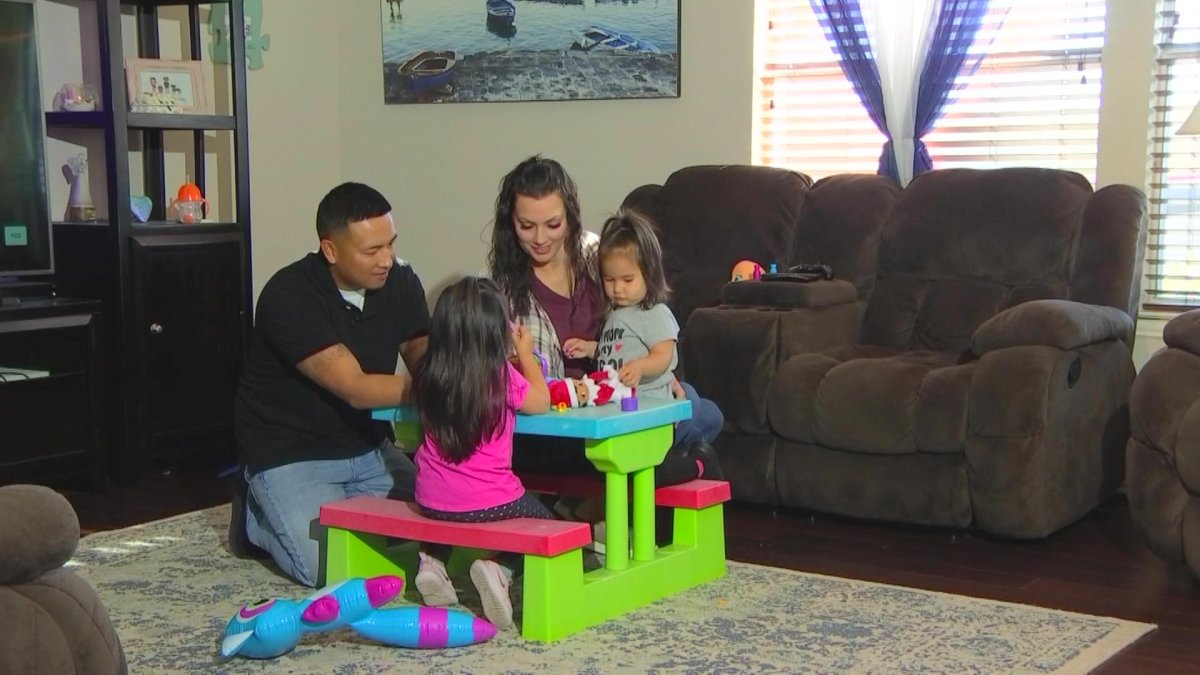
Baylor University Medical Center in Dallas is the first program in the world to offer uterus transplants outside of a clinical trial.
A new option is available for thousands of women unable to have children of their own.
Uterine transplants are now available outside of a clinical trial setting, making it a consumer option for women with absolute uterine factor infertility.
Absolute uterine factor infertility is a condition in which a woman cannot get pregnant because she either doesn’t have a uterus or her uterus is no longer functioning correctly.
A woman can be born with the condition or can acquire it -- usually during a hysterectomy.
Get DFW local news, weather forecasts and entertainment stories to your inbox. Sign up for NBC DFW newsletters.
Baylor University Medical Center in Dallas is the first program in the world to offer uterus transplants outside of a clinical trial, giving women with this form of infertility a chance at becoming pregnant, carrying their own child, and having a successful delivery.
"We're talking about half a million women of reproductive age in the U.S. alone that has this type of infertility," Medical Director of Uterus Transplant at Baylor University Medical Center Dr. Liza Johannesson said.
Until now, the road to starting a family for women with uterine factor infertility included surrogacy and/or adoption.
Health Connection
Get connected to a healthier life.
A uterine transplant option can cost up to $300,000, twice as much as surrogacy or adoption options, however, a woman is able to have two children with a donated uterus.
Like most infertility options, almost everything involved in a uterine transplant journey isn’t covered by health insurance, which is something Johannesson said she believes should change.
"This is a larger topic than uterus transplantation because we have to look at infertility in general. We have to start paying for IVF, procedures like a myomectomy, that might help with infertility, and those things that aren't covered either," she said. "We have to look at women's health in general and we have to call infertility by its name. It's a disease."
Jennifer and Jason Dingle of Arlington were part of the clinical trial and successfully became parents through the uterine transplant program at BUMC Dallas.
They welcomed two daughters, now ages 1 and 3, before surgeons removed the donated uterus from Jennifer's body.
She was born without a uterus and was told in her early teenage years that she would never bear children.
"I think every little girl, their dream is to grow up, get married and have kids and my dream came true," Dingle said. "I was told that it would never be a possibility but followed our dreams and made them happen."
Johannesson said there's been no shortage of women willing to donate their uterus and expects the program to grow.